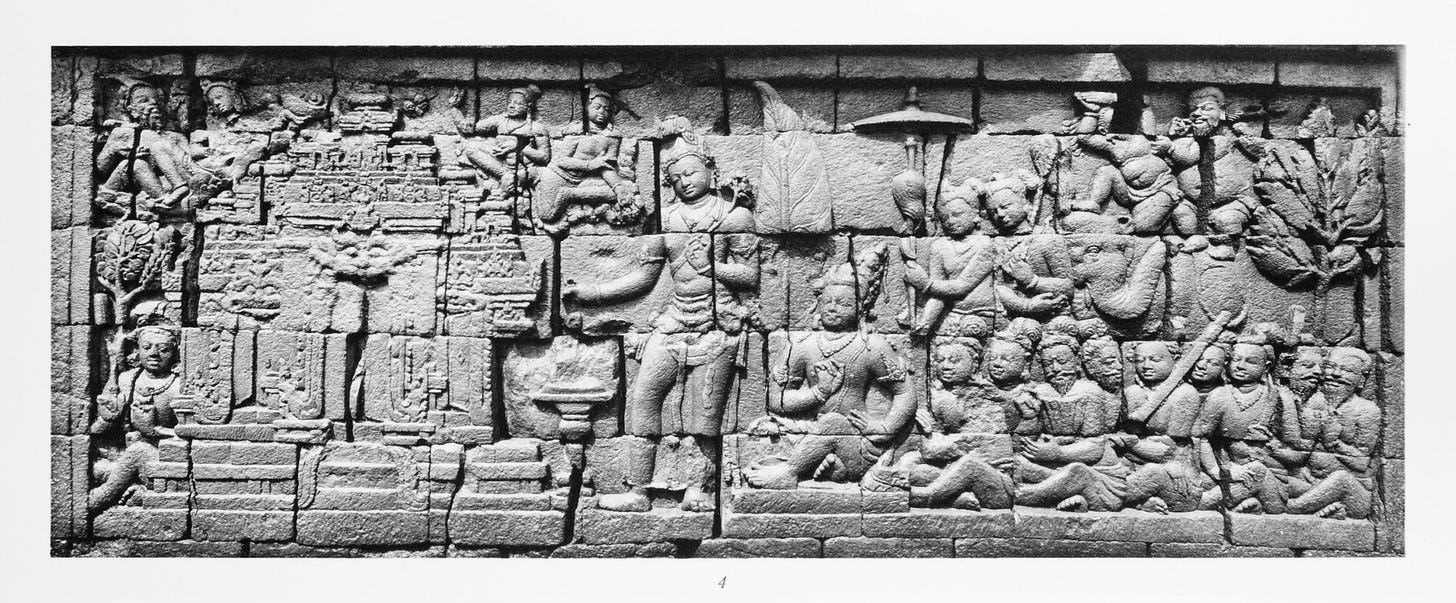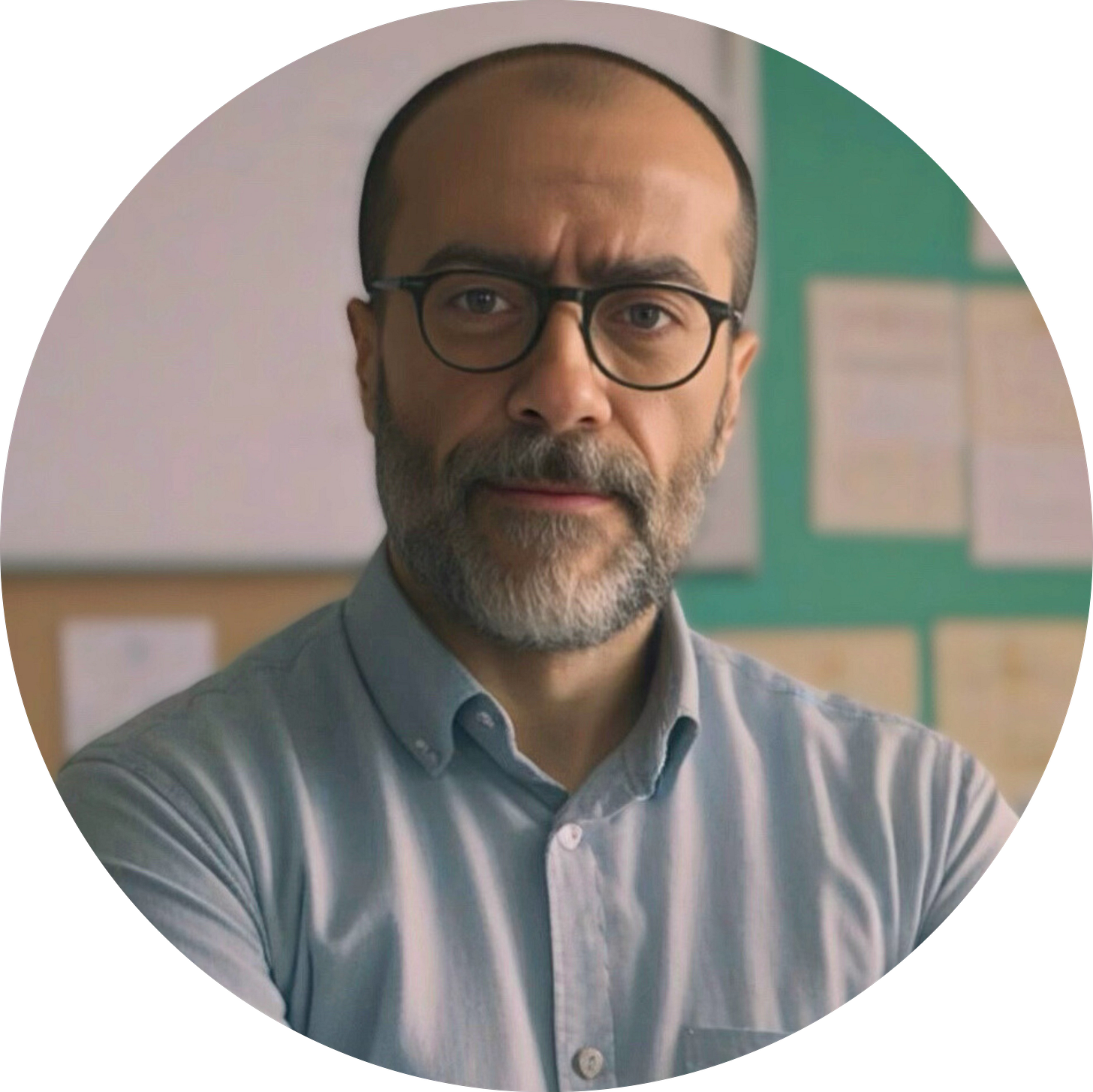Welcome to Enlightenment Legacies. My name is Martino Dibeltulo Concu. I am a cultural and intellectual historian of Buddhism and I teach Chinese and Tibetan language and culture. These days, while teaching at the Lyceum in Italy, I mostly write about the history of Chinese and Tibetan Buddhist relations and the European and American encounter with the Buddha in the modern and contemporary age.
My current academic projects include a study of the modern incorporation of China into the global flow of European ideas about the Buddha and a trilogy of books on how the study of Buddhist Tantra has influenced Enlightenment Legacies and global thought in the modern age. I am the translator of the original work of Fazun 法尊 (1902–1980), an eminent Chinese monk and translator of Buddhist texts from Tibetan.

Here, I share some ideas from my current research. I also publish short essays where I convey insights that will not make it into other publications. Every Sunday morning, I sit down for an hour, and while sipping my coffee, I choose a term in the study of Buddhism that, in one way or another, crossed my mind over the week. I write down a short essay, after which I record my voiceover and share it as a “keyword.”
I like to think about Enlightenment Legacies as a digital vihāra. In ancient India, this term originally referred to an “abode,” a dwelling place where the Buddha, along with his disciples, found shelter over the rainy season after walking long distances—in later ages, vihāra came to denote a “monastery.”
Today, I invite you to be part of this literary abode. Think of it as an island of meaningful, well-crafted, and well-researched writing that you can read and listen, at your own pace and free from distraction, in the company of others who share your interest in Buddhist history and traditions.
With affection and gratitude for your presence.
Martino




